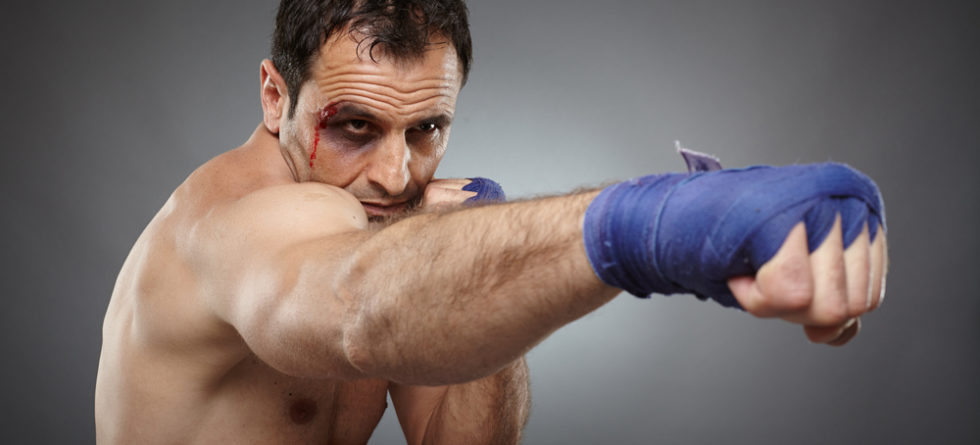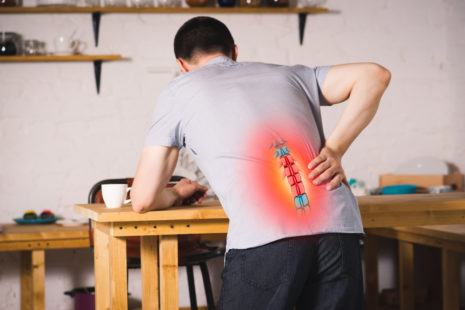Muay Thai is a physically demanding sport that often results in bruises due to the impact of strikes, particularly kicks and punches. While bruises are generally a normal part of Muay Thai training, you can take steps to treat them and promote faster healing:
- Rest: Allow the affected area to rest and recover. Avoid any strenuous physical activity that might worsen the bruise.
- Ice: Applying an ice pack to the bruised area can help reduce swelling and minimize the spread of the bruise. Use a thin cloth to protect your skin, and apply the ice for 15-20 minutes at a time, with breaks in between.
- Elevation: Elevating the bruised area, if possible, can help reduce swelling and improve blood flow. For example, if the bruise is on your leg, keep your leg elevated while resting.
- Compression: Using a compression bandage can help limit swelling and provide support to the bruised area. Make sure not to wrap it too tightly, as excessive pressure can cause more harm.
- Over-the-Counter Pain Relief: Non-prescription pain relievers like ibuprofen or acetaminophen can help manage pain and inflammation. Follow the recommended dosage instructions.
- Arnica Gel or Cream: Some people find that applying arnica gel or cream to the bruised area can help reduce pain and speed up the healing process. Follow the product’s instructions for use.
- Gentle Massage: After the first day, you can try gently massaging the area around the bruise to promote blood flow and reduce stiffness. Avoid massaging directly on the bruise itself.
- Topical Creams with Vitamin K: Some topical creams or ointments with vitamin K may help reduce the appearance of bruises and speed up healing.
- Protection: If you’re planning to continue with Muay Thai training while you have a bruise, consider using protective gear like shin guards or elbow pads to prevent further injury to the affected area.
- Hydration and Nutrition: Staying well-hydrated and maintaining a balanced diet rich in vitamins and minerals can help your body heal more effectively.
- Rest and Sleep: Adequate rest and sleep are essential for the body’s natural healing processes. Ensure you’re getting enough sleep to help your body recover.
- Avoid Re-injury: Be cautious during training to avoid re-injuring the same area while it’s still healing.
Remember that the healing time for bruises can vary depending on their severity and your body’s natural healing process. Most bruises will heal on their own within a week or two. If a bruise appears to worsen or doesn’t improve over time, or if you experience severe pain, swelling, or other concerning symptoms, it’s a good idea to consult a healthcare professional to rule out any more serious underlying issues.




